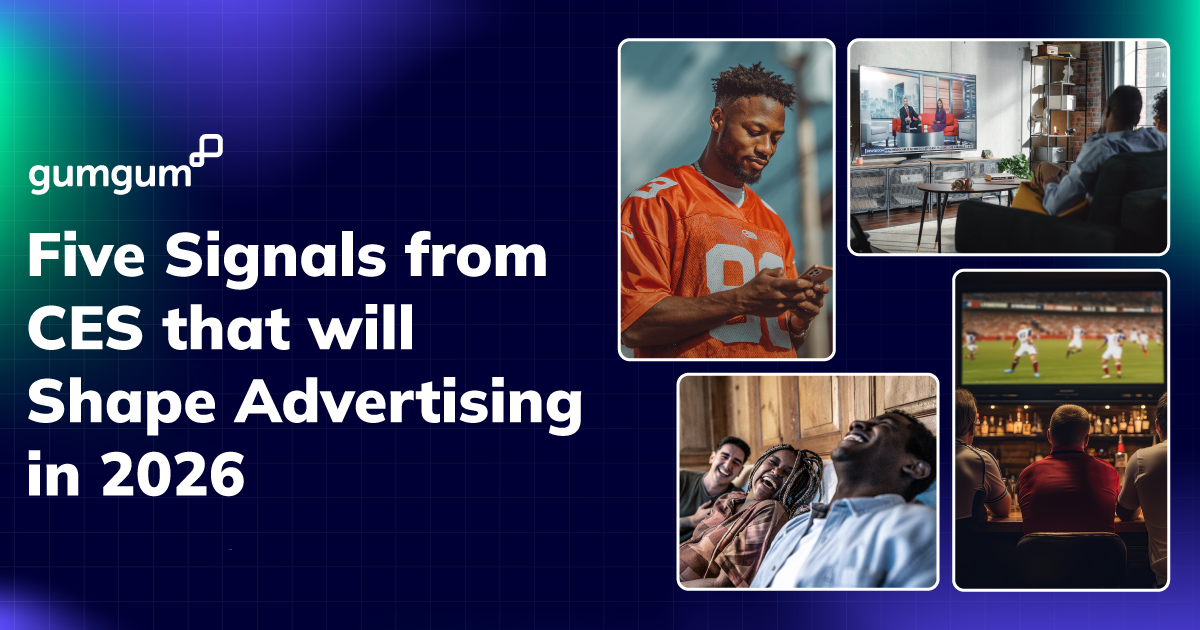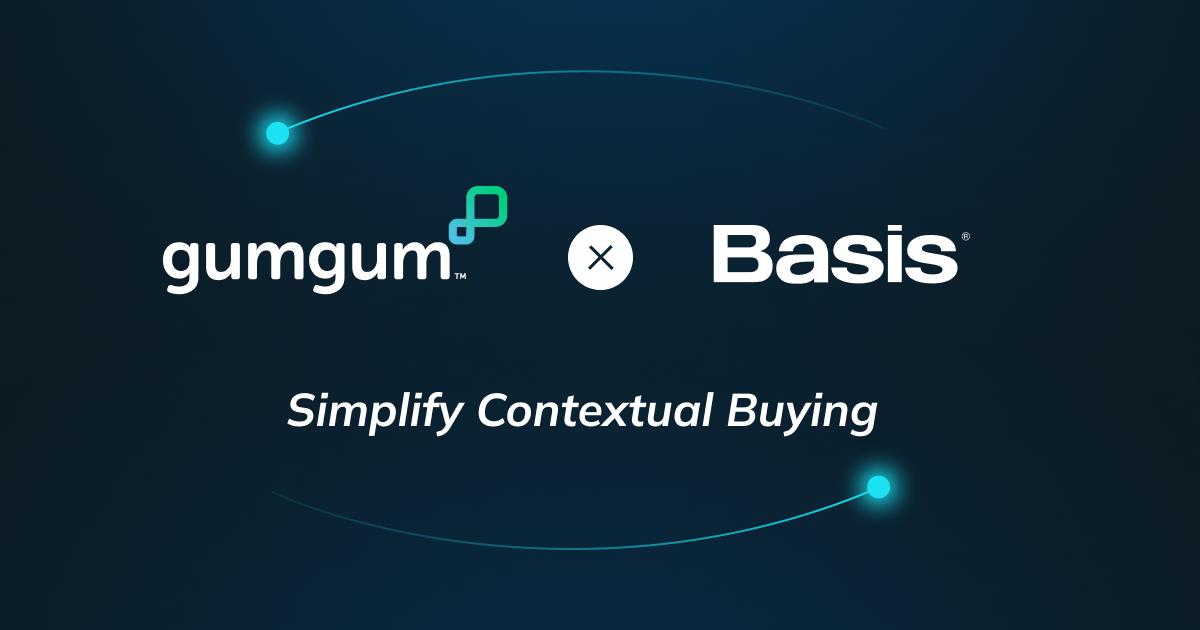Preparing for post-Facebook Marketing
Just last month, a technical error took all of Facebook's products, including Instagram, WhatsApp, and the blue app itself, offline for nearly eight hours. The unusual outage gave marketers a rare glimpse at something that many have either forgotten or never known, a world of digital marketing without the social giant. Facebook is a primary marketing channel for a reported 94% of B2C advertisers. For many small businesses, it may be the only significant target of digital marketing spend. The prolonged outage has left some marketers and advertisers wondering what they would do if Facebook were to vanish for good.
Fluke, or foreshadowing?
It's not as unlikely as it sounds. Big changes are already coming to Facebook, which recently announced a corporate rebrand as well as a change of focus. Founder Mark Zuckerberg that the social giant would shift its focus from building social apps to building the immersive “metaverse” and that it would make the needs of young adults “a north star” for its product development. That's a big shift for the company, which in recent years has seen the majority of its growth among older users.
Of course, it's unlikely that Facebook is just going to disappear. The specific set of errors that led to Facebook's lengthy hiatus aren't likely to repeat themselves anytime soon, but big changes may be coming to the hegemonic platform. A rising tide of congressional inquiries coupled with a deluge of bad press put the future of some of Facebook's advertising products in doubt. Many of the practices currently being investigated or called into question in the media are the same ones that power Facebook's targeted advertising capabilities. If efforts to rein them in are successful, marketers will surely notice big changes in Facebook's capacity to deliver. So what steps can marketers take now to reduce their reliance on Facebook?
Assess your Arsenal
Facebook is among the largest guns in the marketing arsenal for many businesses, but it's usually not the only tool available. Take stock of where else you've invested and what channels are working for you. Is there room to grow by investing more in your email marketing campaigns? Could an increase in your contextual ad spend offset Facebook, or even outperform it? Identify any channels where you may have underinvested and where you might have room to grow.
There aren't any one-size-fits-all solutions in digital marketing, but testing and experimentation can reveal opportunities you may not have seen before. Consider reducing your Facebook spend for a month and diverting that cash to some of the high-potential channels you identified. Testing and experimentation will allow you to weigh the various non-Facebook advertising options available to you and to get a sense of how your costs may change in the event that you have to suddenly transition away from Facebook's tools.
Maximize your First-Party Data
Facebook's wealth of user data is one of its key competitive advantages, but it's also one of the reasons that the company is under fire. Facebook's vast repository of user data, often gathered without a clear consumer rationale or value proposition for the user, is at the heart of many Facebook privacy complaints. Brand marketers have the opportunity to gather their own first-party data in a way that's both compliant and consumer-friendly.
Consider building out your data collection capabilities through a series of clear tradeoffs with your users. Exchange exclusive content for email addresses or collect demographic and product preference data in order to personalize recommendations on your site. In a world without Facebook, this data will allow your brand to deliver personalized campaigns on-site and to develop sophisticated insights about your customers that can help to drive bottom-line sales. While Facebook offers the potential for significant scale in campaigns, deepening relationships with customers can deliver superior results over time. Instead of maximizing reach, first-party data will allow your brand to maximize retention and customer loyalty and to increase the lifetime value of existing customers.
Put your customers in context
Facebook is favored by many marketers for its ability to give campaigns reach and scale, but it can often lose something in the process. Campaigns on the platform can distance marketers from the audience and limit their ability to understand the context in which they see messages from your brand. Traditional marketers, and marketers who don't use Facebook as their primary lens on the consumer, often have a much more detailed understanding of the context and content that their ideal customers are consuming, and the types of content that signal intent to purchase.
By refocusing your advertising efforts around contextual tools brands can regain some of this deep understanding of which content actually moves the needle when it's properly aligned with a brand message. More importantly, platforms driven by audience and behavioral data that are currently under scrutiny, contextual advertising is not in imminent danger of significant disruption, an advantage for brand marketers who want to engage in long-term planning in a relatively uncertain market.
The Long View
Despite some ominous portends, it's not likely that Facebook will disappear tomorrow. Still, for marketers who hinge their entire digital strategy on a single platform, the recent Facebook outage was a reminder that diversifying your advertising investment insulates your brand from significant disruption. While the future of Facebook isn't entirely clear, it does seem likely that change is coming. Either through regulatory means or through the broad strategy pivot to the metaverse outlined by Mark Zuckerberg, it's likely that some of Facebook's core capabilities may change in the months and years to come. Smart marketers looking to stay ahead of this substantial change would be wise to invest in post-Facebook solutions now to ensure that their digital programs aren't severely disrupted again when that time comes.










